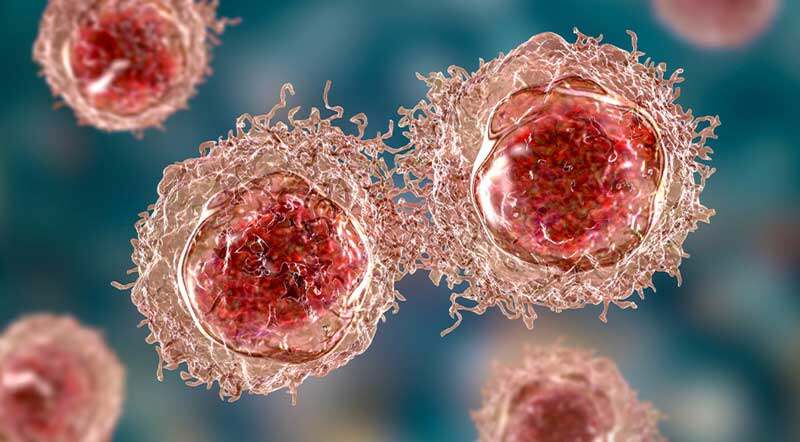Professor Trevor Mori from The University of Western Australia has been awarded $812,785 from the Future Health Research and Innovation Fund’s Western Australia Cohort Studies-Research Support Program.


The project is a collaboration between Professor Mori, from UWA’s Medical School, Associate Professor Jun Yang and her team at the Hudson Institute of Medical Research (Victoria) and researchers from Monash University (Victoria), the Baker Heart and Diabetes Institute (Victoria), the University of Tasmania’s Menzies Institute for Medical Research and Princess Alexandra Hospital (Queensland).
Using two generations of data from the Raine Study, Professor Mori and the team will investigate the causes of primary aldosteronism, a common and potentially preventable cause of cardiovascular disease.
A hidden cause of disease for more than half a million Australians, primary aldosteronism is a form of high blood pressure caused by overactive adrenal glands that make too much aldosterone. Aldosterone is a salt-retaining hormone which is important for salt balance but harmful to the heart, kidneys and brain if produced in excess.
Approximately six million adults in Australia live with hypertension, and around one in 10 of these have primary aldosteronism. Primary aldosteronism is under-diagnosed in the community but can be effectively treated once identified. It is unclear how the disease evolves and affects health over time, or if genetics play a role.
Professor Mori’s study will measure markers in the blood samples of 1,500 Raine Study participants at age 34 and 2,500 of their parents. The results will help researchers evaluate the relationship between indicators of primary aldosteronism and cardiovascular health across two generations. By comparing data from the 34-year-old participants at 17 and 27 years of age, researchers will also learn how these markers may change over time and decipher how genetics contribute to primary aldosteronism.
These results will be the first to determine the prevalence of primary aldosteronism in the Western Australian population and its impact on health from young adulthood.
Based in Perth, the Raine Study is one of the largest and longest-running studies of human health from pregnancy into adulthood to be conducted anywhere in the world. Since 1989, participants in the Raine Study have provided researchers with a powerful base of population health data collected at different points in time from four generations of the same families. The Raine Study is uniquely placed to help researchers gain insight into the impact of early life events, interventions and risk factors on health and disease throughout life.
The results of Professor Mori’s study will increase awareness of a highly treatable condition and facilitate its diagnosis in the WA healthcare system. Apart from directly benefiting consumers and upskilling the medical workforce, this work will also inform early interventions to minimise cardiovascular risk in people with high blood pressure.
The Raine Study was one of three cohort studies to receive funding through the Future Health Research and Innovation Fund’s inaugural Western Australia Cohort Studies-Research Support Program (FHRI WACS-RSP). The FHRI WACS-RSP provides funding for up to three years for population health research projects that use data and/or bio-specimens from WA’s largest cohort studies.



































